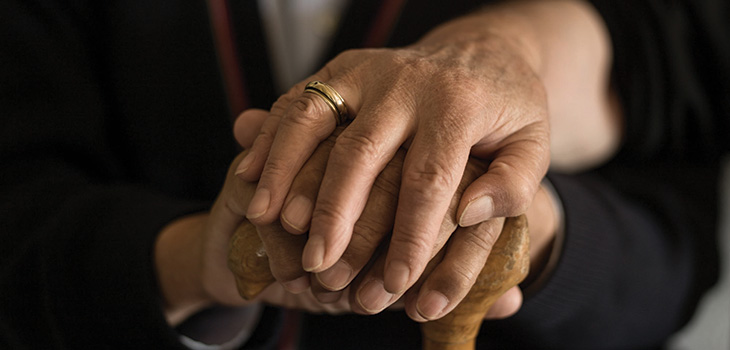
Under current rules, marriage automatically revokes a will, allowing exploiters to inherit by default. The capacity to marry is judged by registrars, not medical professionals, and requires only a basic understanding of marriage—not its legal consequences.
The Law Commission’s 2025 proposals would abolish will revocation on marriage and shift the burden of proof in undue influence cases. Until then, practitioners must rely on nuptial agreements, capacity assessments and marriage caveats to protect clients.
The authors call for greater awareness, proactive legal advice and legislative reform to close loopholes that allow predators to override a person’s true testamentary wishes—often only discovered after death.










